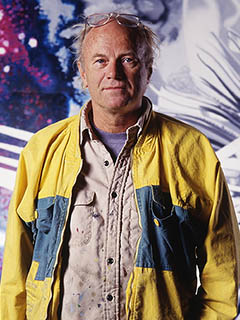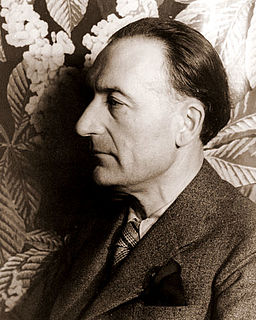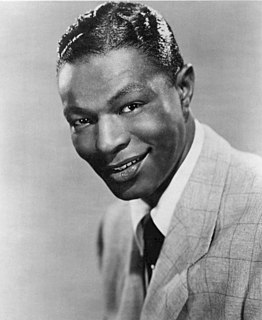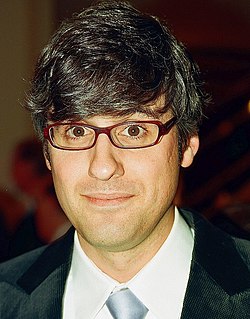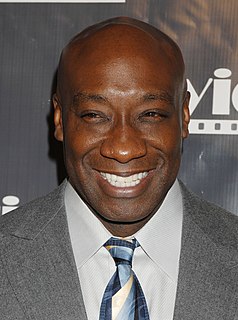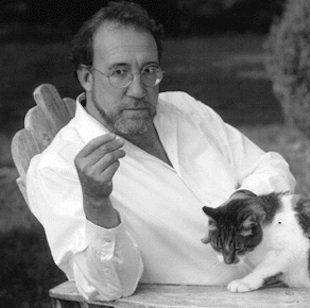A Quote by James Rosenquist
I used to know Madison Avenue advertisers. I didn't like 'em. Bunch of jerks.
Quote Topics
Related Quotes
As the great philosopher George Santayana would have said, 'those who cannot remember the past . . . should simply read Jan Van Meter's Tippecanoe and Tyler Too.' Van Meter's greatest hits collection of slogans is the catchiest ever retelling of American history. It's like the greatest minds of Madison Avenue sat down to write a history book. They don't make sound bites like they used to!
There are so many of these young-adult movies with these cold guys who act like jerks to girls but are hiding soft sentiments. But in the real world most guys who act like jerks are jerks. Generally they are. I spent a lot of high school thinking that horrible guys must be very sensitive and interesting and it's not true.
